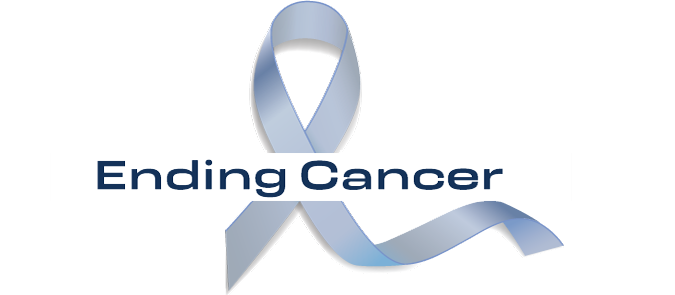Over 40 Years of Providing Cancer Treatment
At South Texas Oncology and Hematology, we provide leading-edge cancer treatment backed by a deep commitment to advancing toward a new era in cancer care. Our team strives to offer each patient a comprehensive treatment plan that includes multi-specialty services, genetic profiling of tumors, targeted therapies, state-of-the-art treatment technology, and easy access to clinical research options.


Why Choose US
At South Texas Oncology and Hematology, our mission is to provide leading-edge, compassionate cancer treatment backed by a deep commitment to advancing towards a new era in....
Read More
Our Providers
Our surgeons, medical oncologists, radiation oncologists, and gynecologic surgical oncologists have the combined knowledge, skill...
Read More
Our History
STOH was founded in 1985 by Dr. Lon Smith and Dr. Steven Kalter. Their mission was to provide high-quality research, treatment...
Read MoreOver 35 Years of Providing Cancer Treatment
We provide leading-edge cancer treatment backed by a deep commitment to advancing toward a new era in cancer care. Our team strives to offer each patient a comprehensive treatment plan that includes multi-specialty services, genetic profiling of tumors, targeted therapies, state-of-the-art treatment technology, and easy access to clinical research options.






